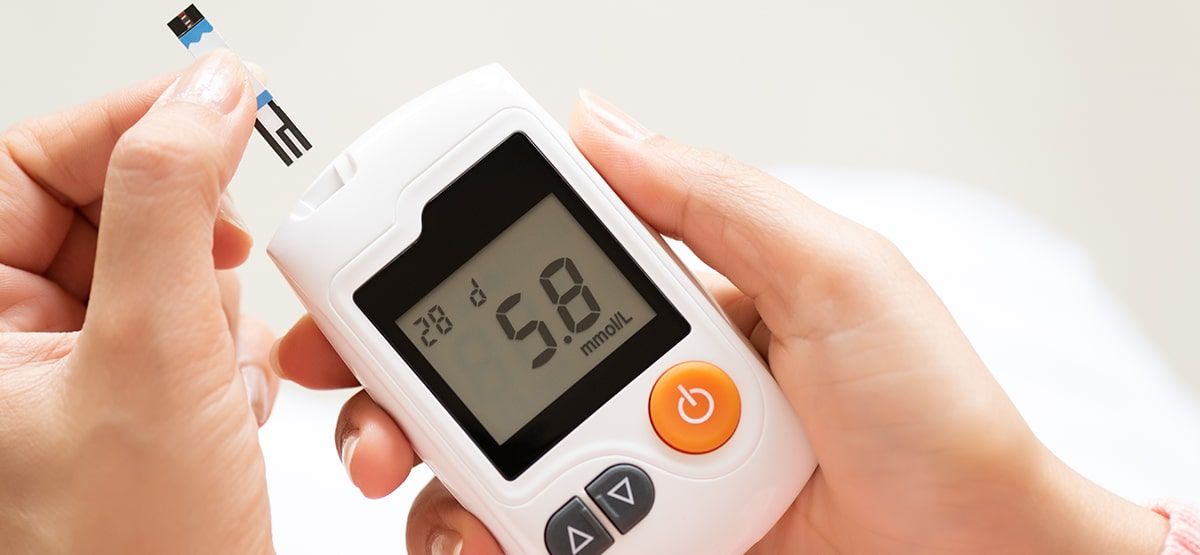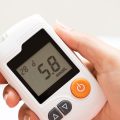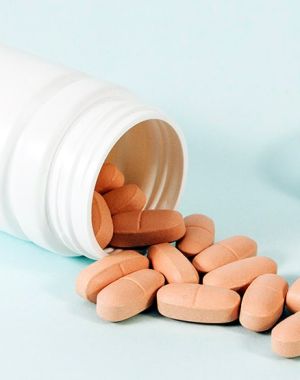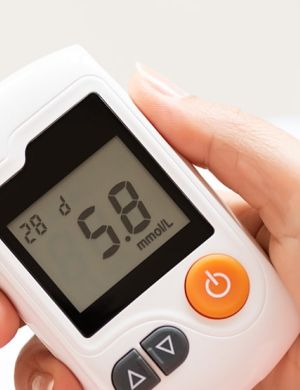

Medical Devices – Europe, UK and Asia Regulatory News – April 2025
FINLAND
Manufacturer of in vitro diagnostic medical devices – ensure the use of the extended transition period
The European Commission has issued a reminder to manufacturers of in vitro diagnostic (IVD) medical devices about important 2025 deadlines related to the ongoing transition to Regulation (EU) 2017/746 (IVDR). While IVDR has applied in full to new devices since May 2022, certain legacy IVDs previously certified under Directive 98/79/EC can continue to be placed on the market under extended transition timelines approved by the European Parliament. This update emphasizes that manufacturers benefiting from these transition provisions must continue to meet all regulatory conditions until their respective deadlines. If these conditions are not met, the device will no longer be eligible for the transition period and must either comply fully with IVDR requirements or be withdrawn from the market. This serves as a regulatory compliance alert for IVD manufacturers operating in the EU.
INDIA
System Auto-Generated Neutral Code for Export under Medical Devices Rules, 2017
The Central Drugs Standard Control Organization (CDSCO) has introduced a provision enabling system auto-generation of Neutral Codes by licensed medical device manufacturers for export purposes, under the Medical Devices Rules, 2017. This Neutral Code serves as a substitute identifier in place of sensitive or proprietary product information on export labels and documents, helping manufacturers comply with both Indian and international regulatory requirements. It ensures traceability, compliance with export control norms, and protection of commercially confidential information. The Neutral Code will be generated through the CDSCO’s online licensing portal, reducing manual intervention and enhancing operational efficiency.
Auto-Generated Market Standing Certificate and Non-Conviction Certificate for Licensed Medical Devices
To promote ease of doing business and simplify regulatory procedures, the CDSCO has implemented an upgraded workflow within its Online System for Medical Devices. Effective April 9, 2025, applications for the Market Standing Certificate (MSC) and Non-Conviction Certificate (NCC) which are required for licensed medical devices issued by the Central Licensing Authority will now be processed through a new auto-generation system. With this change, all existing MSC and NCC applications submitted under the previous manual workflow will be automatically rejected by the system. Stakeholders are therefore required to resubmit their applications under the new auto-generated system starting from the date of the notice.
Draft Revision of Risk-Based Classification Lists for Cardiovascular and Neurological Medical Devices – Open for Stakeholder Comments
The Central Drugs Standard Control Organization (CDSCO) has issued a draft revision of the risk-based classification lists for medical devices under the categories of Cardiovascular and Neurological devices, as part of its regulatory framework under the Medical Devices Rules (MDR), 2017. In line with Rule 4(3), Chapter II of the MDR and notification S.O. 648(E) dated 11.02.2020, the Central Licensing Authority is required to classify medical devices based on a risk-based approach. Existing classification lists have been revisited, and new entries have been proposed. The draft is now available for stakeholder consultation, and comments are invited within 30 days of publication via a Google Form link. This initiative aims to ensure updated and accurate classification aligned with safety, performance, and regulatory needs
IRELAND
Summary of Field Safety Notices
The Health Products Regulatory Authority (HPRA) released a summary of all Field Safety Notices (FSNs) issued in March 2025 for medical devices affecting the Irish market. The summary includes notifications from manufacturers about safety concerns, product recalls, or corrective actions. Each entry is organized by product name, manufacturer, and the type of action taken. This update helps ensure that healthcare providers and users are informed of device-related risks and follow necessary safety measures.
NORWAY
Strengthening the System for the Assessment of Medical Devices in the specialist health care services
The Norwegian regional health authorities, in collaboration with the Norwegian Medicines Agency (NOMA) and the Hospital Procurement Trust, launched a public consultation on proposed reforms to strengthen the system for assessing and introducing medical devices within Norway’s specialist healthcare services. The proposal outlines a more structured and transparent process by which medical devices can be evaluated and adopted into clinical use, including integration with the upcoming EU-wide health technology assessment framework effective from January 2026. The changes aim to enhance prioritisation and decision-making by incorporating input from suppliers, healthcare professionals, and procurement bodies at the regional level.
PORTUGAL
Pilot scientific advice programme for orphan medical devices: EMA invites applications
The European Medicines Agency (EMA) announced a pilot programme inviting manufacturers of high-risk medical devices and notified bodies to apply for free scientific advice regarding the potential classification of their products as orphan medical devices, as well as guidance on the clinical evaluation of such devices. This initiative aligns with Article 61(2) of Regulation (EU) 2017/745 and is supported by the MDCG 2024-10 guidance on clinical evaluation for orphan medical devices. The EMA also provides a detailed toolkit including templates, timelines, and step-by-step instructions. This new programme complements an ongoing 2023 EMA pilot for high-risk device clinical strategies and reinforces EU efforts to support regulatory pathways for innovative technologies targeting rare conditions.
SPAIN
The AEMPS publishes a guide for the marketing of medical devices in Spain.
The Spanish Agency for Medicines and Medical Devices (AEMPS) published an updated guide for the marketing of medical devices in Spain, aimed at manufacturers, importers, authorized representatives, and distributors. The guide outlines the regulatory requirements and obligations that economic operators must meet under Regulation (EU) 2017/745 and Royal Decree 192/2023. In addition, AEMPS reorganized its website content related to medical devices, including new sections on specific product categories such as Annex XVI products for non-medical purposes and clearly defined requirements for marketing devices in Spain. This update is intended to improve regulatory clarity and compliance support for stakeholders operating in the Spanish medical device market
UNITED KINGDOM
Guidance on: The Innovative Devices Access Pathway (IDAP
The MHRA has launched the Innovative Devices Access Pathway (IDAP) pilot as a collaborative initiative to accelerate the introduction of transformative medical devices into the NHS, particularly those targeting unmet clinical needs. The pilot aims to improve patient access by offering developers an integrated support system across regulatory, clinical, and market access stages. Eight selected applicants will receive tailored guidance from IDAP partners throughout key points in their product development, helping to shape a future full-scale pathway based on the pilot’s outcomes and learnings.
Guidance on: Clinical investigations for medical devices)
The MHRA has reiterated that manufacturers planning to conduct a clinical investigation to support UKCA, CE, or CE UKNI marking must notify the agency at least 60 days before starting the study. Guidance includes flowcharts to help determine if a formal submission is required—specific to Great Britain or Northern Ireland contexts. Importantly, applications under Annex XVI of EU MDR for devices without an intended medical purpose are not accepted in Great Britain.
VIETNAM
Decision on promulgating amended, supplemented, and abolished administrative procedures in the field of medical equipment
The Vietnam Ministry of Health has issued a decision to amend, supplement, and abolish certain administrative procedures related to medical equipment under its management. This decision, based on Decree No. 42/2025/ND-CP (dated February 27, 2025) and Decree No. 63/2010/ND-CP, aims to streamline the regulatory process, improve efficiency, and reduce administrative burdens for stakeholders in the medical device sector. The amendments will refine existing procedures, introduce new requirements where necessary, and abolish outdated or redundant processes. These changes are part of the government’s broader effort to enhance the regulatory framework for medical devices, ensuring safety and quality while promoting industry growth. The updated procedures will be implemented through a single-window mechanism for registration and clearance, with all stakeholders required to comply with the new system once it comes into effect.
Don’t miss out! Click here to stay in touch.
Categories
- Biopharma (54)
- Consumer Health (21)
- Cosmetics (11)
- Diagnostics (8)
- Digital Health (6)
- Food (1)
- Medical Device (109)
- OTC (5)
- Regulatory Intelligence (16)
- Standards (37)
Recent Blogs
Get the latest updates from Vistaar

Related Posts



CONNECT WITH US

Let's talk about how Vistaar can help you



